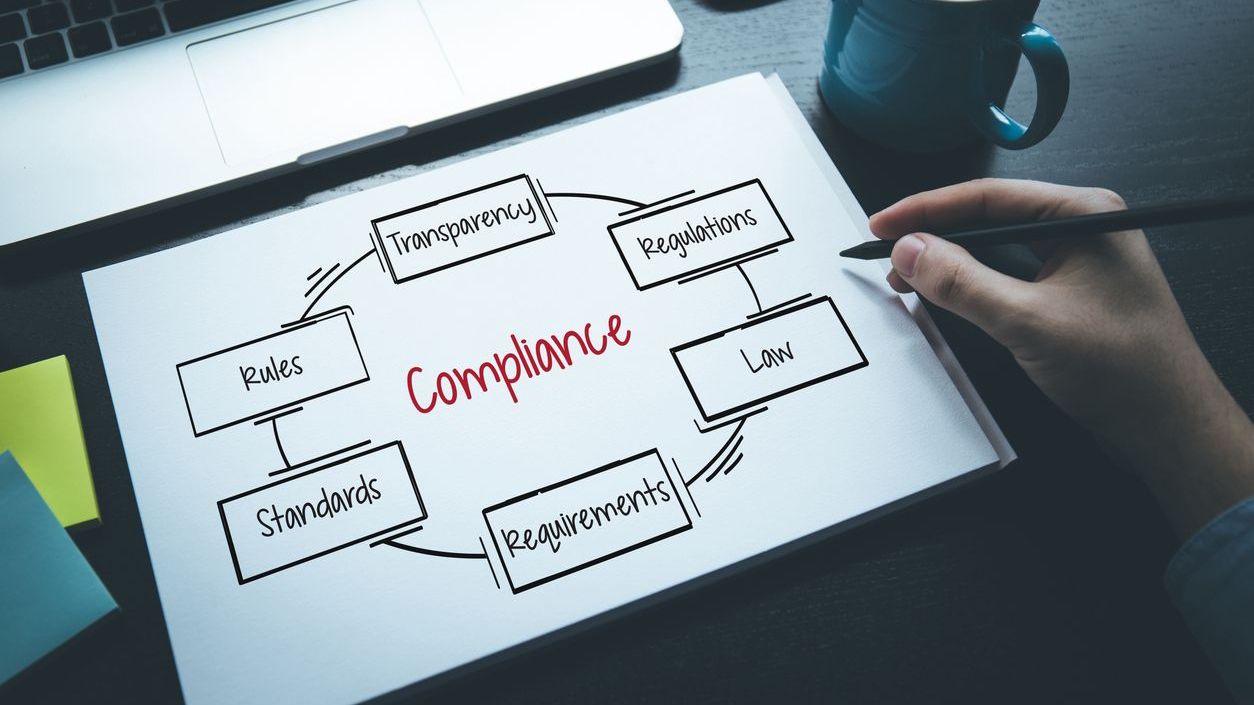When it comes to sales growth in an MSP business, most people shoot for big targets — and wonder why they miss. Mike Schmidtmann, veteran sales coach and founder of Trans4mers, has a different approach in his top sales strategies: Think small to go big.
“If you break a big goal into smaller components, it makes it more realistic and more attainable,” Schmidtmann explained in a recent interview with ChannelPro. “You take the 20% goal and break it into 20 1% improvements. Everyone can do 1% better, even if you’re already working as hard as you can.”
That concept of continuous incremental improvement is one of the most powerful levers an MSP can use. In sales, Schmidtmann said, there are countless areas where a little better adds up fast: product knowledge, communication, persuasion, networking, daily activity. “If that’s all you focused on — just getting 1% better in a few places — you’d be amazed what you can accomplish.”
5 Areas Where a 1% Improvement Pays Off
In the world of MSPs, a small gain in the right area can unlock significant sales growth. According to Schmidtmann, here are five areas where even a 1% lift can compound over time:
- Product Knowledge: The better your team understands what they’re selling, the more confidently and persuasively they can present it.
- Communication and Persuasion Skills: Tune up how you pitch, handle objections, and tell your story. It can significantly improve conversion rates.
- Networking: A slight increase in outreach, relationship-building, or referral follow-up can bring new opportunities without big marketing spends.
- Sales Activity: Just one more call, one more meeting, or one more follow-up each day can yield measurable results over a quarter or year.
- Pipeline Management: Clean up CRM data, prioritize high-value deals, and follow up on aging quotes. These steps can boost close rates with no extra leads required.

Mike Schmidtmann
Top Sales Strategy for Selling Tech
According to Schmidtmann, one of the most common missteps MSPs make is treating sales as a technology conversation when it should be a business one.
“MSPs know the technology, but they often don’t understand the business side of it,” he noted. “This is a business sale, not a technology sale. The more they can understand the profit drivers for the companies they’re selling to, the more successful they’ll be.”
That’s one reason company owners often outperform dedicated sales reps in smaller MSPs: They see the financial picture. Meanwhile, salespeople who rely on generic selling points like “years in business” or “number of engineers” often miss the mark. “That’s not a business sale,” Schmidtmann said. “Solving a customer’s problem? That is.”
More Services, More Stickiness
When asked where MSPs should start if they want sales growth, Schmidtmann didn’t hesitate: “Everywhere.” But he was quick to zero in on the lowest-hanging fruit: existing customers.
“Most MSPs only sell a fraction of what they could,” he insisted. “The more you sell to [an existing] client, the more likely they are to stick with you.” He referenced a strategy he’s seen in action: sell one service, churn might hover around 40%. Sell two, it drops to 20%. Sell three or more? “They never leave.”
The big takeaway here is that deeper engagement doesn’t just grow revenue. It strengthens loyalty and reduces attrition.
Start Small, Win Big
Sales growth doesn’t have to mean MSPs must reinvent the wheel or invest big overnight. Rather than looking for the silver bullet, focus on more measurable top sales strategies, Schmidtmann argued. The real secret is in the small stuff.
“Everyone’s looking for that one big move, but what really works is getting a little better every day. When you improve by 1% in the right places, you start to build momentum. That’s where the breakthroughs happen.”
Whether it’s deepening relationships with current clients, tuning up your sales messaging, or just making one more outreach call per day, begin small. MSPs don’t need to overhaul their businesses to see results. They just need to start.
Images: iStock, LinkedIn














